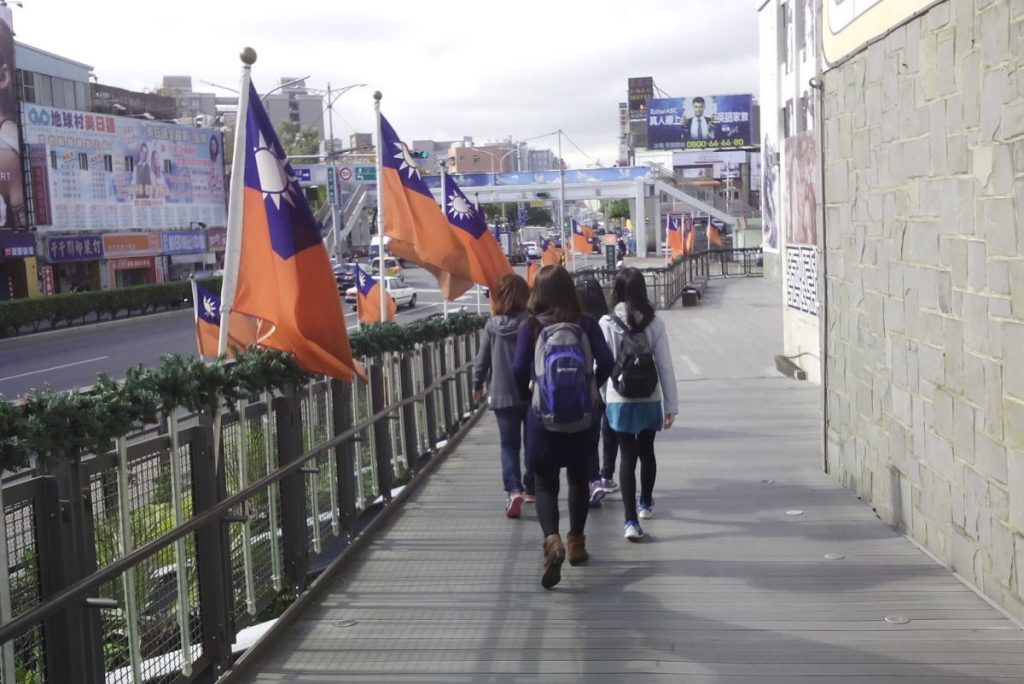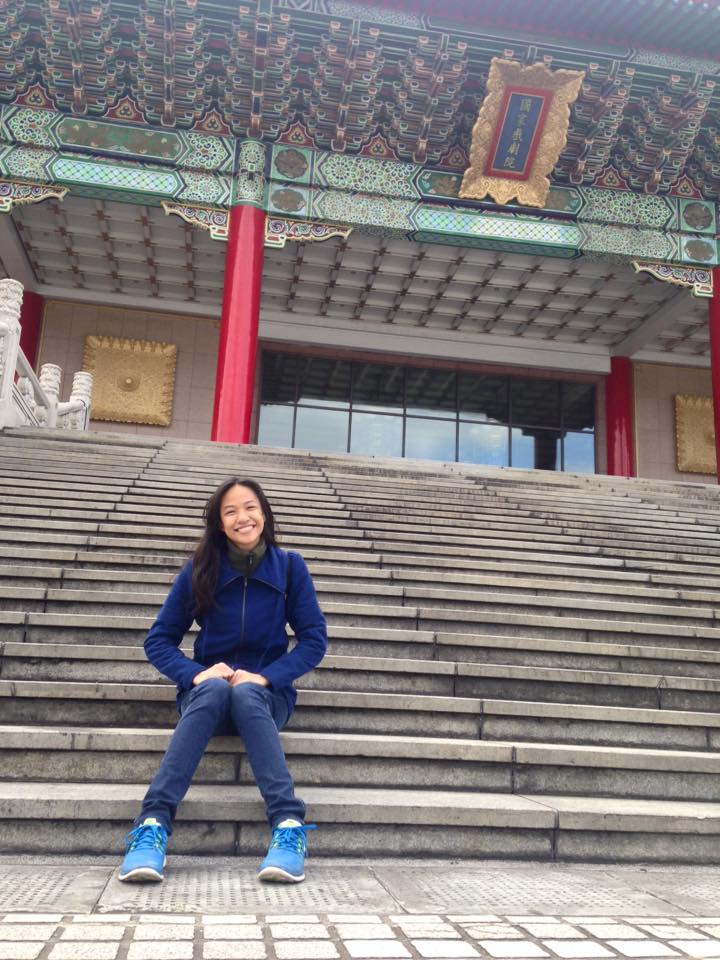Like most of the youth in my generation, I yearn for the luxury known as traveling. I’ve met people who could go out of the country for vacation on a yearly basis. I’ve also met people who could get a taste of that experience only after saving up and waiting for seat sales. Either way, we can’t hide the fact that going abroad for leisure trips is becoming a norm for Filipinos.
I had my first trip out of the country when I was 20 years old. Destination: Taipei, Taiwan. But it wasn’t for the reason that I had dreamt of. Instead, together with 15 others (four of whom were my fellow students), I went there for the sole purpose of sharing the love of God.
I grew up in a very loving and Christ-centered family and was exposed to my parents’ work as full-time missionaries. And it was good. My childhood memories are filled with all sorts of adventures.
So, as soon as I entered university, it just felt natural for me to join a Christian organization, which then led me to this 10-day mission trip in Taipei, Taiwan.

Walking outside a school in Taipei
We spent five whole days at our assigned universities, randomly approaching students and engaging them in conversations. I did the same thing every day for a whole week. I pushed myself to talk to strangers and invested my energy in people I would most likely never meet again.
It was exhausting. Yet for some people, this kind of routine was a full-time job they signed up for. I knew what I was getting into before diving into that trip. I knew that I would be doing things that I may or may not be in the mood for (life in general, actually).
Then there was the rejection. It was a challenge to handle and it brought no small amount of discouragement. They did not agree with the message that I was sharing; but that wasn’t the issue. I was forced to come face to face with a set of beliefs that was completely different from those that I had encountered before.
To share my faith, I used a small bilingual booklet containing the core truths I adhered to. There were three responses that seemed more or less consistent for everyone I talked with:
- Almost all of the students I engaged in conversation told me that they didn’t believe in God. They didn’t know the story of creation. They’ve never heard of the story of Jesus.
- What they knew was the symbol of Christianity: the cross. With their index fingers, they would trace a cross on the palms of their hands to communicate this.
- When I asked them what they thought about the message, they expressed appreciation on how positive it was.
So there I was, talking about a God who so loved the world that He sent Jesus to die for all our sins—yet nobody believed. But my mission was not to convert them; I was just there to deliver the message. I was there to make friends, to exchange notes about our own cultures, and to be a living testimony.
Wherever we go, we meet people who have had different upbringings and different experiences, especially when we visit a different country which of course has its own set of norms. What matters then is how we relate with those people when we inevitably encounter them, because let’s face it: even in our own country, there are an infinite number of people who may disagree with us regarding one issue or another.
The Taiwanese students demonstrated a good example: communication.
My being a foreigner was definitely a factor, but that didn’t diminish the amount of encouragement I received when all the students I was able to talk with – despite their different views – listened attentively to the message I shared. For me, that was enough.

The Song of the Angel, the church where the author stayed
I would also ask them questions about their views on different topics. We would talk about things that were similar in our cultures, and things that were different. It was a conversation. What mattered was being able to connect with them. I realized that we had very similar values when it came to family.
Halfway into the trip, though, I was weighed down by a lack of motivation. I didn’t feel like doing anything, and the weather did not help at all (it was winter time). And that’s normal. We feel like doing something today, but not tomorrow. We feel. And a lot of times, we let ourselves dance to those tunes beside our better judgment. This is when we must decide to will ourselves to do the things that we have committed to do.
When I decided to join that trip, I made commitments – to the mission: that I would give my best; to myself: that I would be all-there; and to God: that I would seek Him.
 Giving my best. This seems like an overused phrase. In reality, I doubt that anyone lives their daily lives giving their best in all the things that they do – myself included. And so, I made it a point to push past my limits and put my heart into every encounter I had.
Giving my best. This seems like an overused phrase. In reality, I doubt that anyone lives their daily lives giving their best in all the things that they do – myself included. And so, I made it a point to push past my limits and put my heart into every encounter I had.
To be all-there. For me, this meant no online presence. I didn’t own a smart phone at that time, but I forbade myself from borrowing somebody else’s. I would only focus on where I was and what was happening there.
Seek God. This is something I ought to do every day, really. Well, at least for the duration of the trip, I put extra effort into studying and reflecting on the Word of God each day, consciously maintaining that connection with Him at every moment. I lived each day as if He was right there beside me the whole time, listening and guiding.
With these three things in harmony with each other, I was able to enjoy every bit of the trip. Every bit. And I do mean it. Yes, even after taking everything else into consideration.
This article first appeared on the FamilyWise Asia website.

Abigail Bacani
Abigail Bacani is usually a realist, sometimes speculative, and occasionally somewhere in between. She has an almost-obsessive fascination with languages, but channels it positively through her work as an English teacher. Oh, and she also likes to write when ideas pop up out of nowhere.





